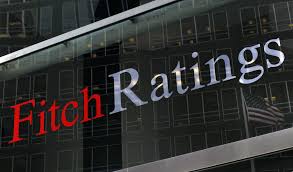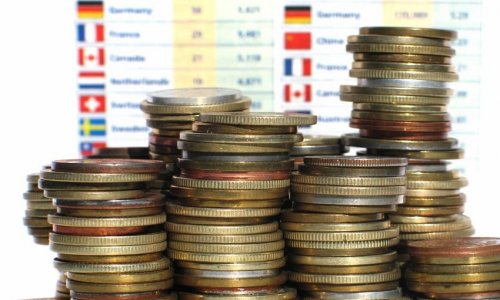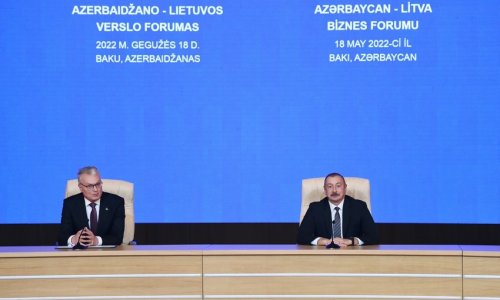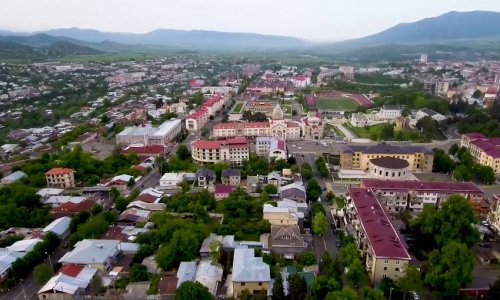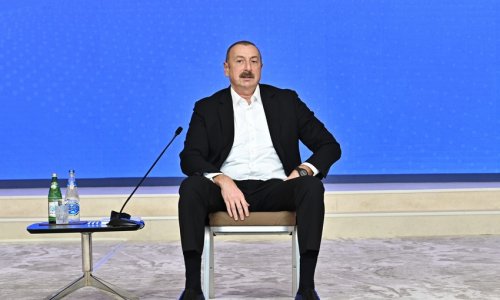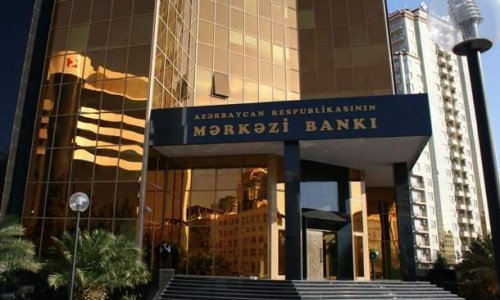The key task of Russia's central bank is to enhance the credibility of its inflation targeting framework despite short-term risks to the country's growth, Fitch senior director Paul Gamble said on Wednesday.
"And we think the central bank is doing this," Gamble told Reuters in an interview.
"That may have some short-term impact on growth, ... but the broader, long-term goal is the credibility of the monetary policy framework."
The central bank, which has cut its key rate RUCBIR=ECI only once so far this year to 10.5 percent, is broadly expected to deliver another 50 basis point cut at its next policy meeting on Friday.
Gamble said Russia had done fiscally fairly well over the past couple of years when falling prices for oil, its main export, hit the economy hard and helped push the country into recession.
Spending before this weekend's parliamentary election hasn't been noticeable, Gamble said. And if Russia hikes expenditures ahead of the 2018 presidential election, as long as it comes with revenue adjustments elsewhere, it is not "necessarily a problem", he said.
Fitch has a BBB- rating on Russia, making it the only one of the big rating firms to still class it as investment grade; but it has had the country on a "negative outlook" - effectively a downgrade warning - for around 18 months.
SOVEREIGN WEALTH FUNDS
The next few years will be crucial for Russia's fiscal policy as the country is returning to three-year budget planning and Fitch expects one of its sovereign wealth funds, the Reserve Fund, will be exhausted next year.
Gamble said it would be important to see whether Russia brings back its budget rule.
The rule, introduced in 2013, based spending plans on the long-term average oil price and capped the budget deficit at 1 percent of
gross domestic product. However, last year Russia saw a deficit of 2.6 percent, making the rule ineffective.
Gamble said that after the placement of a Eurobond this year, international markets are open for Russia to continue to place Eurobonds and the agency sees the finance ministry issuing another one probably next year.
Separately, Gamble said that the while the economic situation in Azerbaijan, a post-Soviet Russian republic that has been going through a currency crisis, was difficult, the situation was not critical.
"The fact the government still has these very large foreign assets is important for the rating," he said.
The assets of Azeri state oil fund SOFAZ grew by 4.6 percent to $35.1 billion in the first six months of this year, according to the most recent data.
www.ann.az
Follow us !

